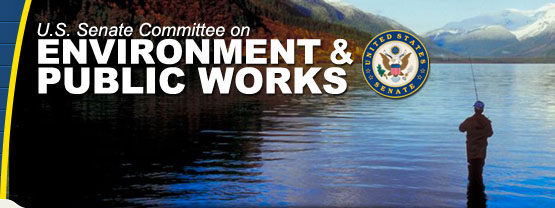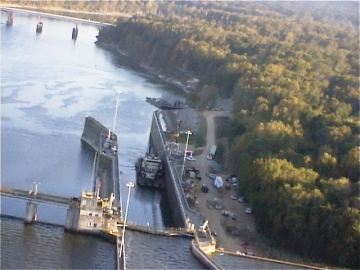WRDA is a massive public works bill that periodically authorizes flood control, navigation, and water resource environmental projects and studies by the U.S. Army Corps of Engineers, although it importantly does not appropriate funds for those projects and programs. That job falls to the House and Senate Appropriations Committees each year. WRDA projects and costs authorized under the act have typically far outstripped the revenue from their two major funding sources: the Inland Waterway Trust Fund and the Harbor Maintenance Trust Fund, both of which are vastly oversubscribed and fiscally unsound. This is due in large part to the past WRDA tradition of most every congressional member placing water resources projects in their home districts or states into the WRDA bill (a list of projects that in the past have been solicited before the bill is drafted by the EPW Committee and House Transportation and Infrastructure Committee). Such projects for the most part would now meet the congressional definition of an "earmark" ("congressional earmark" - House Rule XXI, Clause 9(a)). And the current House ban on earmarks would largely put a stop to that process, arguably necessitating changes to WRDA that provide some mechanism for identifying and prioritizing funding for needed water resource projects.
On Wednesday, Committee member David Vitter (R-LA), who aspires to become the Committee's ranking Republican in next year's Congress, sent a letter to Boxer, signed by all of the EPW Committee Republicans. The letter cites the need for WRDA to address the problems they associate with past WRDA bills and their implementation. Specifically, the GOP letter calls for:
- reforms of the U.S. Army Corps of Engineers "that expedite and improve the Corps’ project delivery process;"
- addressing "the policy and funding challenges facing the Inland Waterway Trust Fund and the Harbor Maintenance Trust Fund;"
- Committee "oversight of the Corps’ implementation guidance and internal policies;" and
- "prioritization of water resource projects" funded by WRDA.
In her opening statement at the hearing, Sen. Boxer addressed some of the points raised by the Vitter letter, noting that the bill as drafted "makes essential policy reforms, including increasing flexibility for non-Federal sponsors of Corps projects," and that it "recognizes the need to expand the sources of funding available to water resources projects (since) (f)unding for water infrastructure projects has been insufficient to meet current needs."
WRDA bills are designed to be passed every two years; however, Congress passed the last WRDA in 2007. Previously, WRDA bills were passed in 1974, 1976, 1986, 1988, 1990, 1992, 1996, 1999 and 2000.
WRDA bills are designed to be passed every two years; however, Congress passed the last WRDA in 2007. Previously, WRDA bills were passed in 1974, 1976, 1986, 1988, 1990, 1992, 1996, 1999 and 2000.


No comments:
Post a Comment